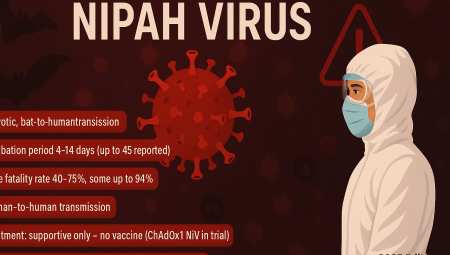What Is Chronic Stress?
Chronic stress is the prolonged activation of your body’s stress response due to ongoing pressures—whether from work, finances, relationships, trauma, or internal anxieties.
Unlike acute stress (which is short-term and often manageable), chronic stress persists without resolution. Over time, this disrupts your body’s balance and contributes to long-term health problems.
Common triggers include:
-
Overwork or job insecurity
-
Caregiving burden
-
Financial hardship
-
Loneliness or unresolved grief
-
Perfectionism or chronic worry
When your body is constantly in “alert mode,” it burns out your systems from the inside out.
The Science Behind Stress Response
Understanding the biological stress mechanism helps reveal why it’s so damaging:
-
HPA Axis Activation: The hypothalamus, pituitary gland, and adrenal glands coordinate to release cortisol and adrenaline.
-
Fight or Flight Response: Your body diverts blood to muscles, increases heart rate, and shuts down non-essential systems (like digestion).
-
Prolonged Hormonal Overload: Chronically high cortisol suppresses immunity, affects sleep, and destabilizes glucose and fat metabolism.
This ancient survival system isn’t meant to run long-term. In modern life, it’s triggered constantly—by emails, deadlines, or even traffic.
19 Physical and Mental Effects of Chronic Stress
-
High Blood Pressure – Constant tension narrows arteries and raises cardiovascular strain.
-
Digestive Issues – Gas, bloating, IBS, or ulcers can result from gut-brain imbalance.
-
Weight Gain – Especially belly fat, due to cortisol-induced cravings and insulin resistance.
-
Sleep Disorders – Trouble falling or staying asleep stems from overactive stress hormones.
-
Muscle Tension – Leads to chronic back, neck, or jaw pain.
-
Suppressed Immune Function – More colds, longer illness duration, or autoimmune flare-ups.
-
Anxiety – Racing thoughts, fear of loss of control, and social withdrawal.
-
Depression – Long-term stress drains dopamine and serotonin levels.
-
Brain Fog – Difficulty concentrating, memory lapses, or poor decision-making.
-
Fatigue – Despite resting, you feel physically and mentally drained.
-
Hormonal Imbalance – Especially in thyroid, estrogen, testosterone, and cortisol.
-
Skin Problems – Acne, eczema, and psoriasis worsened by inflammation and immune shifts.
-
Headaches – Tension or migraine types are frequent in stressed individuals.
-
Hair Loss – Stress can prematurely push hair follicles into shedding phase.
-
Sexual Dysfunction – Libido drops as the body deprioritizes reproduction.
-
Fertility Issues – Affects hormone regulation in both men and women.
-
Elevated Blood Sugar – Cortisol signals the liver to release glucose, raising diabetes risk.
-
Increased Heart Disease Risk – From inflammation, BP, and vascular strain.
-
Chronic Pain Syndromes – Fibromyalgia and others may be stress-related.



